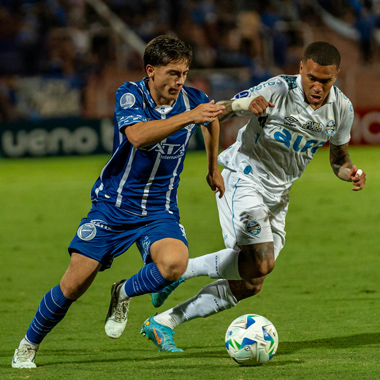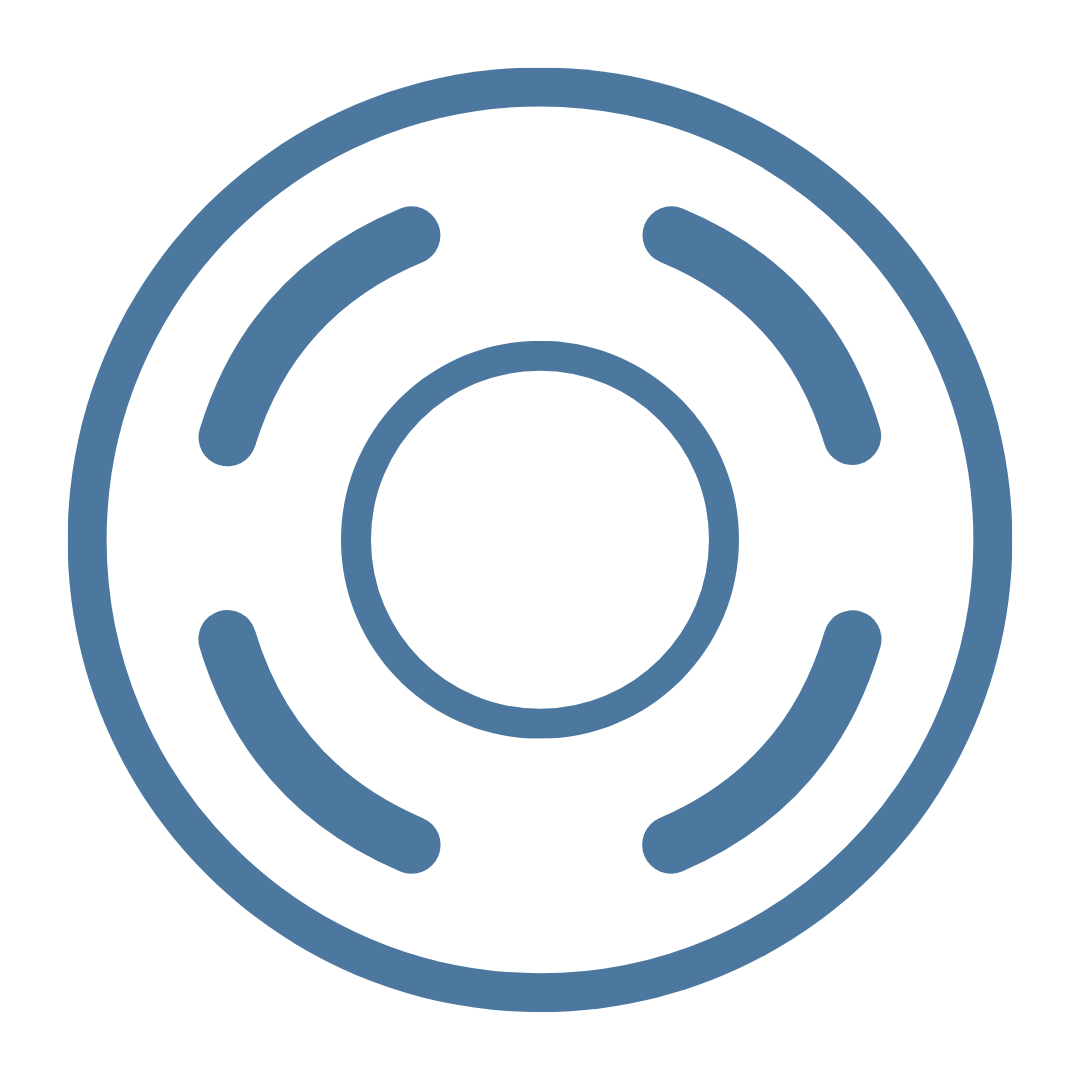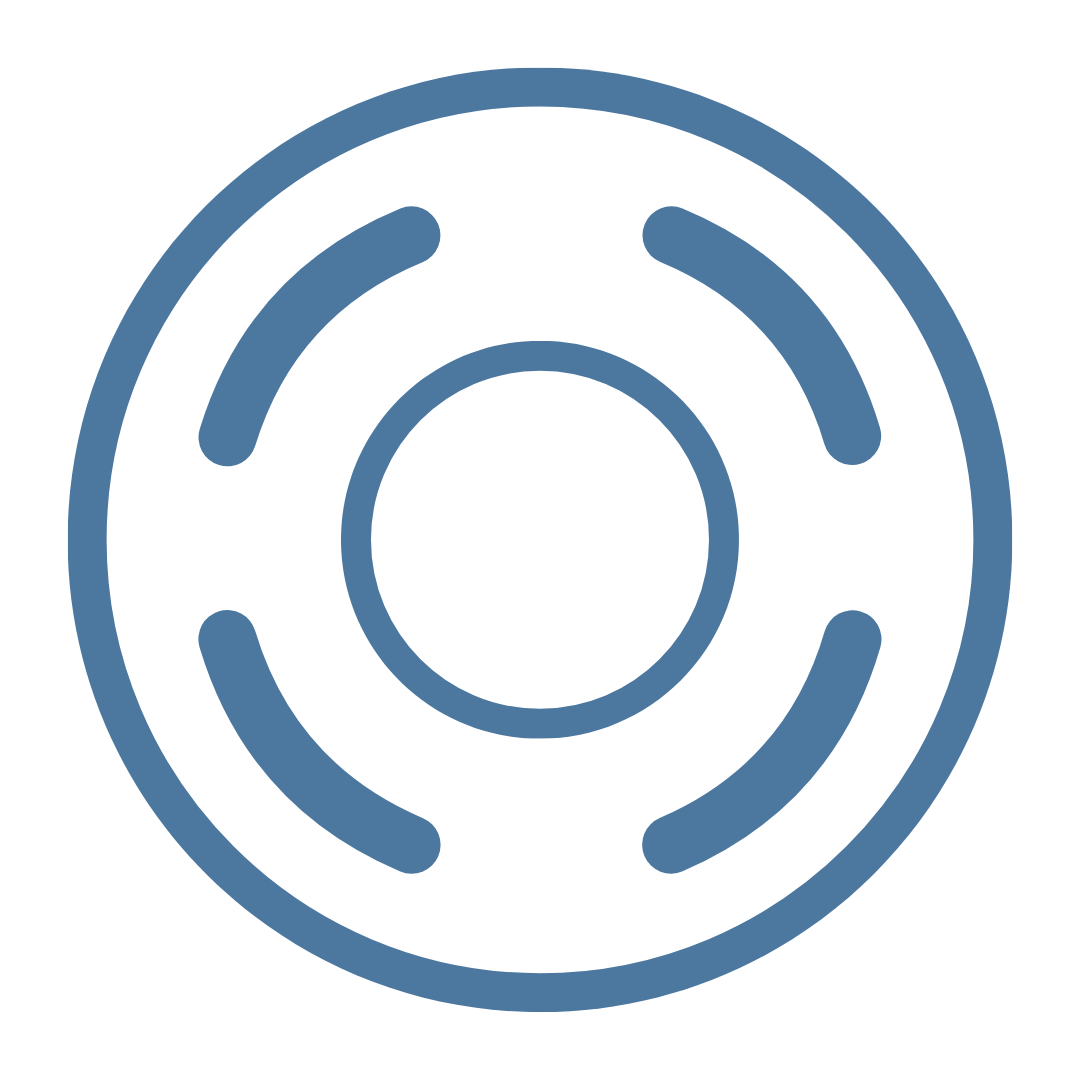An accelerated development of the visual system through a carefully designed one-on-one therapy program provided by our clinical team.
HERO
SERVICES










Myopia Management
Treatment programs for children to slow down the progression of myopia (nearsightedness) and reduce long term sight-threatening risks.
Neuro-Optometry
Evaluation and treatment for patients whose visual performance is compromised due to stress, age, concussion, or traumatic brain injury (TBI).
Pediatric Optometry
Eyecare for our youngest patients starting at age 6 months. Includes assessment of visual development, preventative care, and specialty treatment.
Primary Care
Comprehensive eye health and visual performance evaluations for patients of all ages backed by our expert clinical approach.
Specialty Optical
Offering the most advanced ophthalmic lens technology plus a wide selection of quality and fashionable eyewear for the entire family.
Dry Eye Treatment
Our advanced dry eye treatments offer relief for patients suffering with scratchy eyes, light sensitivity or even discomfort from contact lens wear.
Ocular Disease Management
Managing ocular diseases is more than just treating the eyes – it’s about safeguarding your vision and improving your overall well-being.
Low Vision
A personalized evaluation and guidance program that helps patients maximize their remaining vision using adaptive tools, technology, and strategies for daily life.

Sports Vision Training
A high-performance visual training program tailored to athletes, enhancing reaction time, precision, and visual processing through targeted one-on-one sessions.
TEAM
Our Team
Monika Spokas, OD
Dr. Monika Spokas, founder of Clarendon Vision Advanced EyeCare in Westmont, IL, fell in love with pediatrics and vision therapy in optometry school. She understood that this, combined with her passion, gave her the key to make a positive impact on the trajectory of others’ lives. In her 20 years of serving Chicagoland, Dr. Spokas built a team of like-minded professionals looking to put the patient first.
“Our team loves what we do. It is our vocation. It is our passion. The opportunity to improve the lives of our patients and their families is the core of who we are.”

Insurance





TESTIMONIALS

What our Patients Say
Testimonials

A Child's Thought
What do our youngest patients say after completing treatment?
BLOGS
Our Blog

How Are ADHD and
Vision Problems Related?
People with attention deficit hyperactivity disorder tend to experience a similar set of vision problems. The shared vision problems, in this case, include convergence insufficiency...

Constantly Feeling Dizzy?
It Could Be Binocular Vision Dysfunction
Generally, dizziness is not a problem to ignore. It is a symptom that can stem from many different health conditions, ranging from a cardiac or neurological issue...

The Top 5 Eye Exercises
for Improved Vision
In today’s digital age, our eyes are constantly under stress from prolonged screen time, reading, or other visually demanding activities. Eye exercises can play a key role...
VIDEOS
Videos Worth Watching
From our patient success stories to the best informational reels about developmental optometry.
CONTACT US






